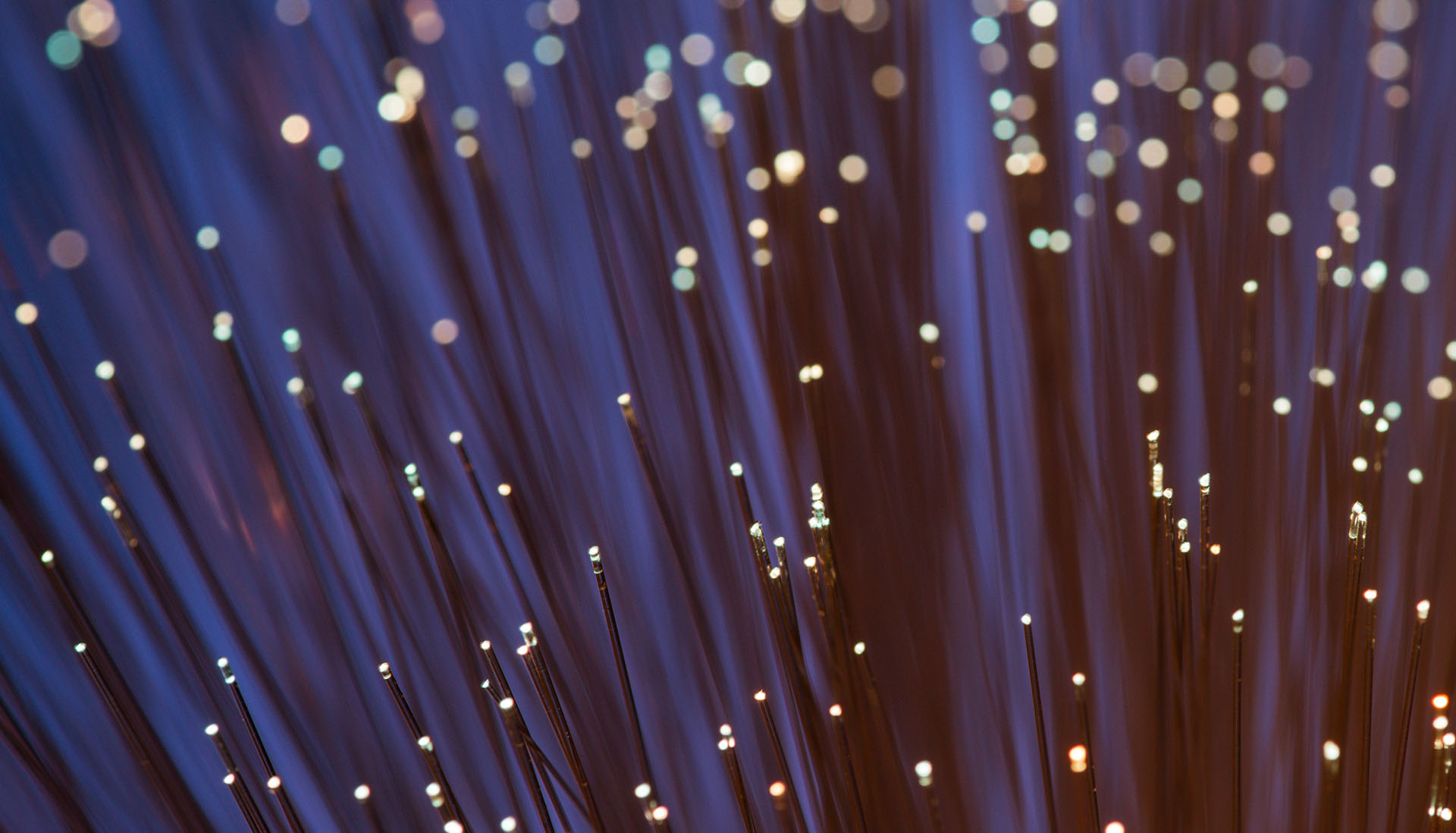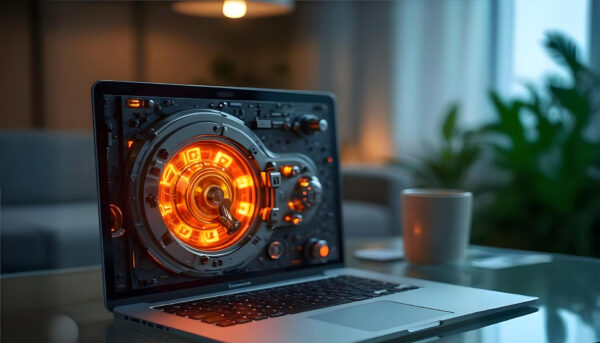A key debate surrounding patents and AI is whether inventions created solely by AI can be patented. The basis of the patent laws in Canada, as well as those in many other countries around the globe, centres around an individual inventor being the first owner of all right, title and interest in the inventor’s inventions. If there is no inventor, then there can be no patent.
An inventor is someone whose conception gives rise to a new, non-obvious, useful invention and sets out the conception into a definite shape, configuration or structure. As AI continues to evolve and participate in the inventive process (including but not limited to the use of generative AI tools in drug discovery and development, where AI tools are capable to analyzing vast genomic datasets to identify promising treatment biomarkers), there will be many instances where AI will contribute materially to the inventive process.
At this time, it is (at best) unclear as to whether an AI system or tool can be named as the inventor of invention under a patent application filed in Canada. While an inventor is not defined within the Patent Act, related jurisprudence seems to indicate that an inventor must be a natural person. Without changes to the current Patent Act, this may leave inventions unpatentable in scenarios in which an AI system is solely responsible for an inventive idea without human intervention. In other cases, a human who makes a significant contribution to an invention should qualify as an inventor, even if the invention was developed using the assistance of AI.
At the time of this writing, the Canadian Patent Office has not categorically ruled that an inventor must always be human. In fact, the Canadian Patent Office is presently reviewing a patent application which lists an AI tool as the inventor. In the future, we anticipate new guidance from the Canadian Patent Office to address the issue of inventorship in respect of AI generated inventions.
As we wait for jurisprudence and legislation to catch up to the advancement of AI, one existing protection available to protect AI work product is trade secrets. Unlike patents, trade secrets do not need to be registered in order to be protected. An AI conceived invention can therefore be protected. However, the rights and value of trade secrets can be lost once that information is no longer protected, and is publicly disclosed. A risk to trade secrets arising out of the development of AI is individuals entering confidential information related to trade secrets into open AI systems. Open AI systems, such as open AI chatbots, are systems that provide free access to use AI, but the data entered into the AI system by users can be used to further train it. The disclosure of trade secret information to an open AI system could destroy trade secret status.
If you have any question about AI generated inventions and patents, please reach out to a member of Miller Thomson’s Patents Group.








